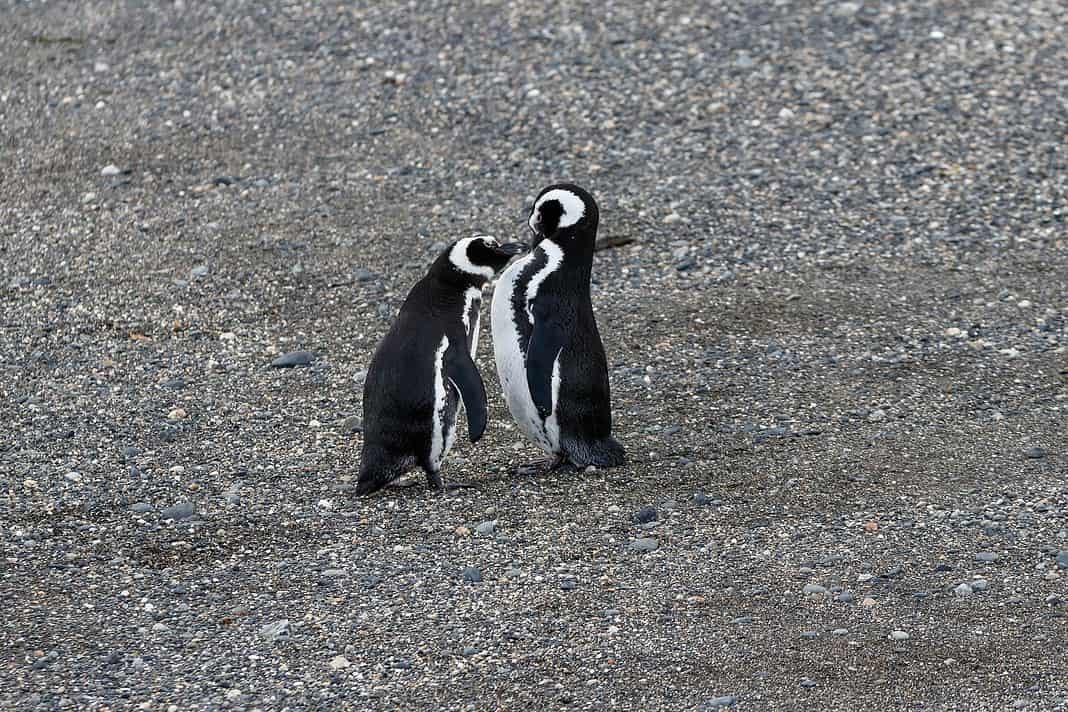Researchers from the University of Washington have highlighted how climate change presses and pulses have impacted Magellanic penguins.
The scientists split the effects of climate change into two separate components. Pulses are short-term, like heat waves, and pressers are long-term effects, like changes in ocean currents and such. Studying the effects of these presses and pulses provides key data for policymakers and conservationists to help protect these species.
Taking the case of the Magellanic penguins, the researchers discovered that both type of events impact the creatures in different ways. They need to understand individually to create sound policies and initiatives.
According to T.J. Clark-Wolf, a UW postdoctoral researcher in biology and Center for Ecosystem Sentinels scientist:
“We found that penguin survival doesn’t rest solely — or even largely — on one or a few climate effects. Instead, many different presses and pulses impact penguin reproduction and survival over time.”
While the study’s senior author and UW assistant professor Briana Abrahms added:
“For conservation to be most effective, we need to know where, when and how to apply our limited resources. Information generated by this study tells us which climate effects we need to worry about and which ones we don’t — and therefore can help us focus on measures that we know will have a positive impact.”
Commenting on the fate of the colony in the research study, co-author and founder of the Center for Ecosystem Sentinels and a UW professor of biology Dee Boersma stated:
“This colony will be 100 years old in 2024, but we finished another on-the-ground survey in late October at Punta Tombo and its numbers continue to decline. The penguins are instead moving north to be closer to their food.”

